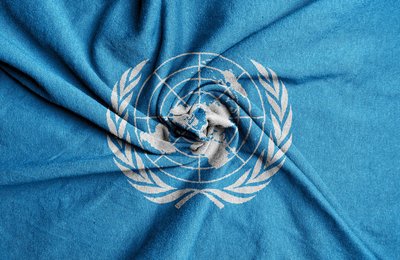I was at a recital the other day by a world famous pianist. But the recital was curiously lacklustre – actually I felt that most music students could have done a better job. I knew the promoter, so I got in touch and asked what she thought the problem was.
“Well,” she said, rather embarrassed, “you know his real love is twentieth century music, but the promoter thought that Mozart would be a safer choice. All Mozart programmes have worked well in other cities. Then they had a deadline to get out of the hall, so to be on the safe side, they dictated what speed the movements should be played at, and not to play any repeats. And they asked him to listen to a particular recording of someone who had performed a similar programme the previous year, and try to match the way she had played. So all in all, I think he was only doing the recital because he badly needed the money, and maybe it showed a bit.”
I’m making this up, of course. No-one would have the nerve to treat a world-class performer in this way, and if they did, it wouldn’t be a good business proposition. But this is the way that we treat local experts in conflict resolution, who in their own field are just as starry as any concert pianist.
In case you think this is an exaggeration, I can point to recent correspondence from one of the peacebuilding organisations that Peace Direct supports. An intermediary for a possible new funder requested the following changes:
- Change the name of their project.
- Change the language used.
- Fundamentally alter the interface with the country’s government, including adding components to promote/reward the government.
- Change the location, timescale and scale of the work to be done.
- Change the choice of participants.
- Change the way the work is described.
- Change a key member of the team.
- Getting army officers and militia leaders, who are nominally at war with each other, to work together in task forces to anticipate and prevent conflict.
- Bringing a group who are the main proponents of violence, face to face with the people they are targeting.
- Training the people charged with enforcing a repressive regime, in non-violent conflict transformation.
Funders who insist that they know better than local leaders in peacebuilding risk getting second-rate results from second-tier peace organisations, who are perhaps only doing it for the money - reinforcing their view that local peacebuilders will never make a real difference.
Or as you might conclude from the opening example, that piano recitals will never make much money….






